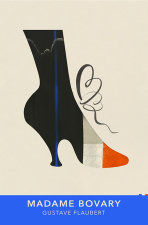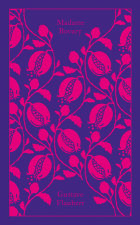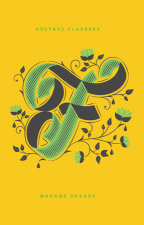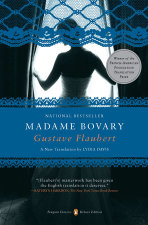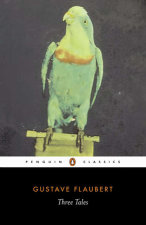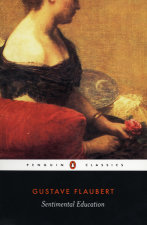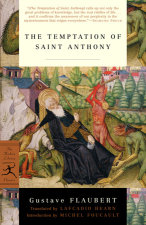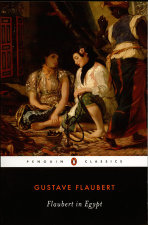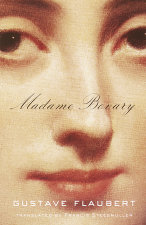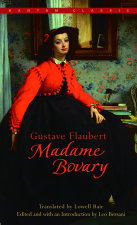Madame Bovary
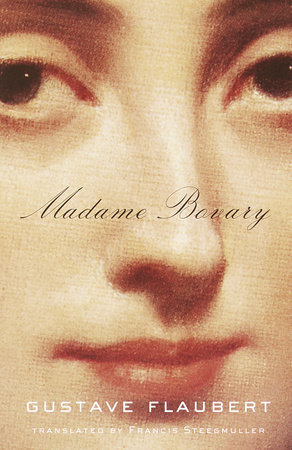
For daring to peer into the heart of an adulteress and enumerate its contents with profound dispassion, the author of Madame Bovary was tried for "offenses against morality and religion." What shocks us today about Flaubert's devastatingly realized tale of a young woman destroyed by the reckless pursuit of her romantic dreams is its pure artistry: the poise of its narrative structure, the opulence of its prose (marvelously captured in the English translation of Francis Steegmuller), and its creation of a world whose minor figures are as vital as its doomed heroine. In reading Madame Bovary, one experiences a work that remains genuinely revolutionary almost a century and a half after its creation.
$14.95
December 14, 1991
Gustave Flaubert grew up in Rouen, France, and did not leave his birth city until he was 19 when he went to study law in Paris. After three years, however, Flaubert abandoned law and began writing. His first finished work was November, a novella. In September 1849, Flaubert completed the first version of a novel, The Temptation of Saint Anthony. His exploration of themes of spiritual torment was just the beginning of Flaubert's controversial subject choices. His frank and realistic display of the sex, adultery, and other goings-on in bourgeois France in Madame Bovary saw him go on trial for immorality, charges he only narrowly escaped. He died in 1880.
